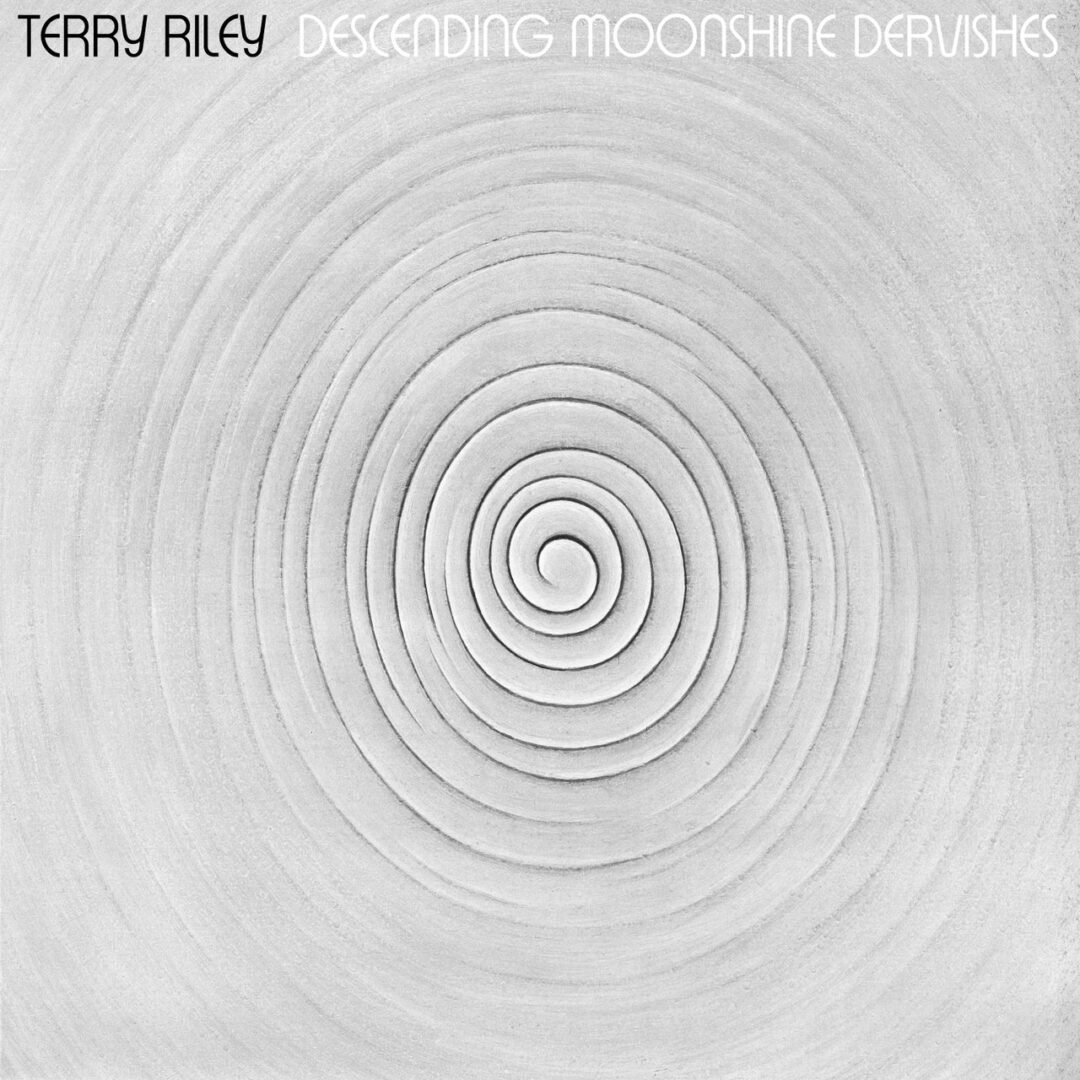Terry Riley wanted to disrupt the flow of time. The budding composer had spent a few years experimenting with tape loops and Echoplex delay units back in the Bay Area, where he was part of the San Francisco Tape Music Center alongside fellow mavericks Morton Subotnick, Ramón Sender, and Pauline Oliveros. In 1963, Riley went to Paris, where he moonlighted as a nightclub pianist and composed music for The Gift, an experimental theater piece by American performance artist Ken Dewey. Working with Chet Baker and his band, Riley recorded each player separately in order to manipulate their parts, in an early form of remixing; he asked a studio engineer if it would be possible to create a looping delay, imagining a sound that might build up “magically.”
The engineer’s solution was to run the tape through a pair of reel-to-reel recorders—one set to record and the other to play, with the second machine feeding back into the first. The results were revelatory. Years later, speaking to jazz guitarist Henry Kaiser, Riley described the effect as a hypnotic synthesis of intention and surprise. “It has a geometric order and a periodicity, but it becomes this gently moving landscape, so things come into it and fade out of it…You get this caravan of ideas that go on and on, and constantly change.” Riley came up with an appropriately science-fiction-sounding name for it: the time-lag accumulator.
In the late 1960s and early 1970s, Riley applied his time-lag accumulator in different contexts. On electric organ, he experimented with long delays of several seconds or more that allowed him to create intricate counterpoints, as though he were duetting with himself; he also explored millisecond-long slap-back delays, which created an illusion of space—as though he were performing on the rim of a canyon, each note bouncing back from the far side. On his early classic A Rainbow in Curved Air, recorded in 1968 and released in 1969, he used eight-track recording to create densely filigreed polyphonic fugues, but he also applied the technique in live performance. Newly reissued, Descending Moonshine Dervishes is a landmark in his catalog of keyboard works. The album is an early iteration of a style that would become known by various names—kosmische, new age, ambient, trance—yet was, for the moment, unknown territory, a groundbreaking blend of Indian raga, minimalist drone, and technological wizardry. In the music’s crystalline churn, conventional timekeeping melts away, as fluid as one of Salvador Dalí’s clocks.

